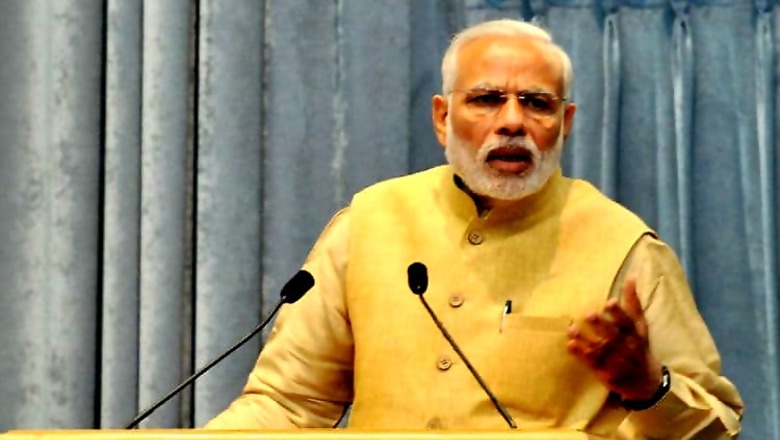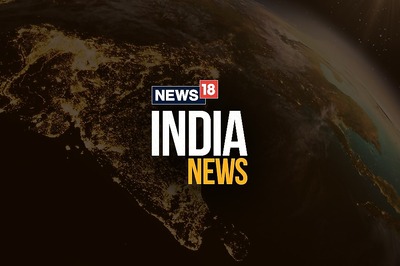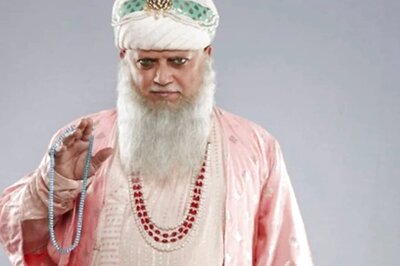
views
Kuala Lumpur: Terrorism, human trafficking, maritime safety, South China Sea dispute and trade will be the focus of Prime Minister Narendra Modi's three-day visit to Malaysia from Saturday, where he will address two powerful regional blocs at the ASEAN-India and East Asia summits. Modi will also hold talks with top leadership of Malaysia, including his counterpart Najib Razak, on ways to ramp up bilateral cooperation in a range of areas including defence and security and take the strategic ties to a new level. The two sides are likely to sign a number of MoUs.
Modi will address the East Asia Summit on Sunday. India is the founding member of the grouping formed here ten years ago. Modi has said that Malaysia is at the core of the his government's 'Act East Policy'. India has has a strategic partnership with Malaysia since 2010. The issue of connectivity is expected to figure in India and ASEAN talks. A motor vehicles agreement involving India-Myanmar- Thailand has just been finalised and negotiations are on for an ASEAN-India maritime transport agreement.
Leaders will also discuss the new Plan of Action (2016-2020) to further enhance ASEAN-India cooperation along the politico-security, economic and socio-cultural pillars. Combating terrorism is likely to be one of the key issues at the 10th East Asia Summit as nations, shocked by the recent horrific Paris terror attacks, try to step up efforts to stem the menace. The leaders of East Asia Summit are also expected to discuss irregular migration, South China Sea disputes, situation in Korean Peninsula and Middle East.
Disputes in the South China Sea involve both island and maritime claims among several states namely Brunei, China, Taiwan, Malaysia, the Philippines and Vietnam. About seven statements and declarations are scheduled to be adopted at the East Asia Summit. A statement on Regional Comprehensive Economic Partnership (RCEP) negotiations is also likely to be issued by the leaders of East Asia Summit. Negotiations on an RCEP Agreement involving the 10 ASEAN countries and its six FTA partners including India is expected to be concluded in 2016.
On Sunday Modi will witness, along with other EAS leaders, the signing of the 2015 Kuala Lumpur Declaration on establishment of the ASEAN Community and also the Kuala Lumpur Declaration on ASEAN 2025, a document called Forging Ahead Together. The two summits would provide a platform for Modi to also interact for the second time with leaders of ASEAN and EAS countries after his interactions with them at Nay Pyi Taw, Myanmar last year, giving a further boost to India's Act East policy.
ASEAN is one of the world's fastest growing regions and both sides are likely to seek greater economic engagement besides expanding cooperation in areas such as maritime security including freedom of navigation, drug trafficking and cyber crime. ASEAN is India's fourth largest trading partner and India is the sixth largest trading partner for the ten member grouping. Between April 2007 and March 2015, India invested USD 38.6 billion in ASEAN, while the ASEAN invested USD 32.4 billion in India.




















Comments
0 comment